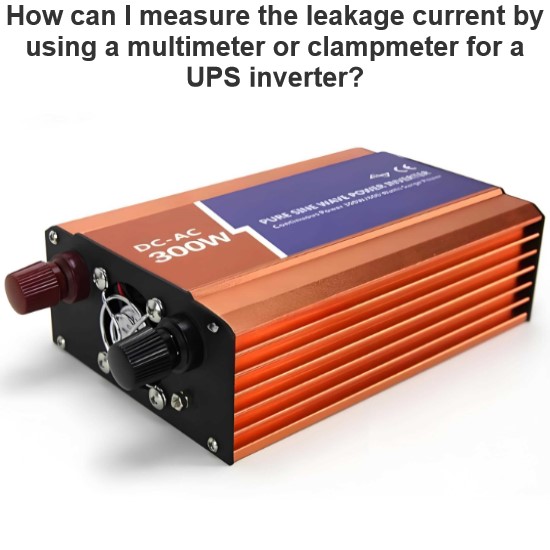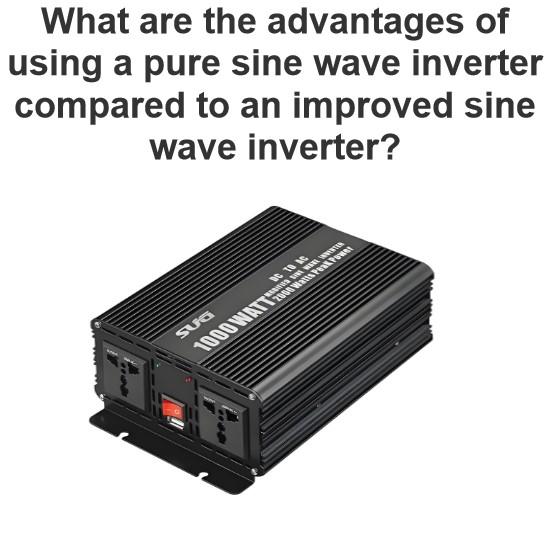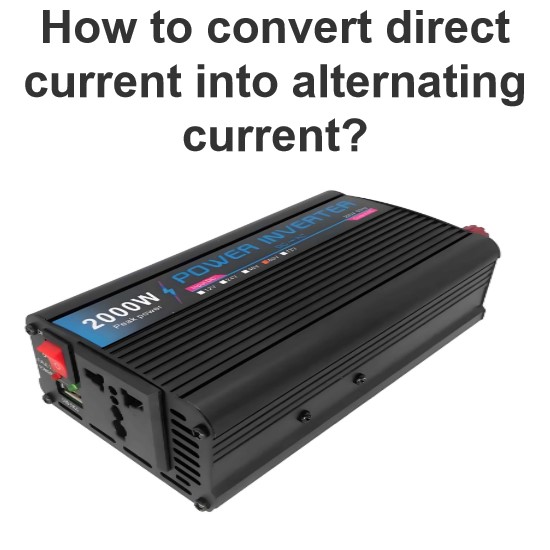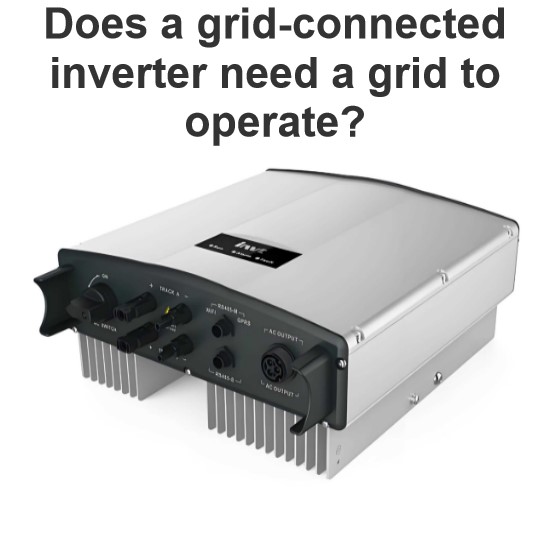What is a Sine Wave Inverter?
What is a Sine Wave Inverter?
Sine wave inverter definition
A sine wave inverter is an electronic device capable of converting direct current into high quality sine wave alternating current. Compared to square wave inverters or modified sine wave inverters, sine wave inverters output AC waveform closer to the ideal sine wave, so they can provide a more stable and efficient power supply for various types of loads
The operating principle of the chord wave inverter is based on complex power electronics technology. It uses high-speed switching elements to control the current flow of the DC power supply, resulting in high-quality sine-wave AC current. This process usually involves the following steps:
Dc input: Receives DC voltage from DC power sources (such as batteries, solar panels, etc.).
PWM control: The use of pulse width modulation technology to control the opening and closing of the switching elements, generating a pulse train that approximates the sine wave.
Filtering: The pulse train is smoothed through a filter to a high quality sine-wave AC voltage.
Output: Output the generated AC voltage to the load or grid.
Advantages of sine wave inverter
The output waveform is good: the alternating current waveform output by the sine wave inverter is the standard sine wave, which is the same as the mains waveform. It has strong adaptability to various loads and will not cause damage to the load equipment.
High conversion efficiency: advanced inverter technology and control strategy can achieve high conversion efficiency and reduce energy waste.
High reliability: It has perfect protection functions, such as overvoltage protection, overcurrent protection, short circuit protection, overheat protection, etc., to ensure the safe and reliable operation of the equipment.
Low noise: The noise generated during work is small and will not cause interference to the surrounding environment.
Apply
Solar photovoltaic system
Uninterrupted power supply
Charging stations for electric vehicles
Home and business applications
Sum up
Sine wave inverter is an important power electronic equipment, with good output waveform, high conversion efficiency, high reliability, low noise characteristics, widely used in home, solar power generation, vehicle power supply, communication base stations, industrial equipment and other fields. In the selection, the appropriate input voltage, output power, output waveform quality, conversion efficiency, protection function and brand quality should be selected according to the actual needs to ensure that the inverter can meet the requirements of the load equipment, and safe and reliable operation.
The Electricity Encyclopedia is dedicated to accelerating the dissemination and application of electricity knowledge and adding impetus to the development and innovation of the electricity industry.













